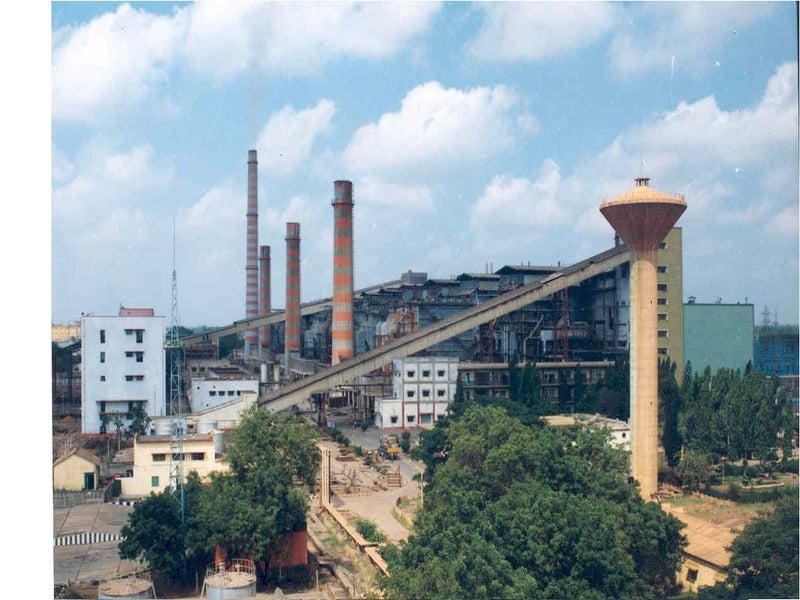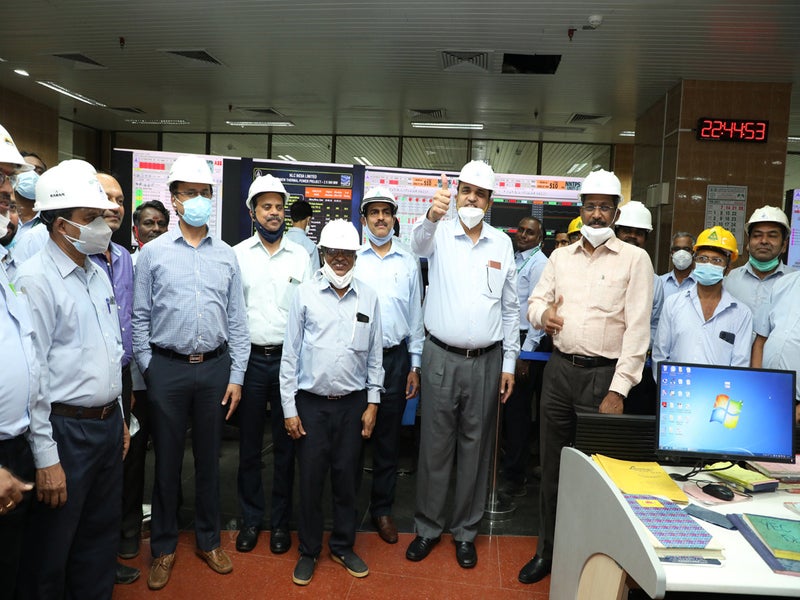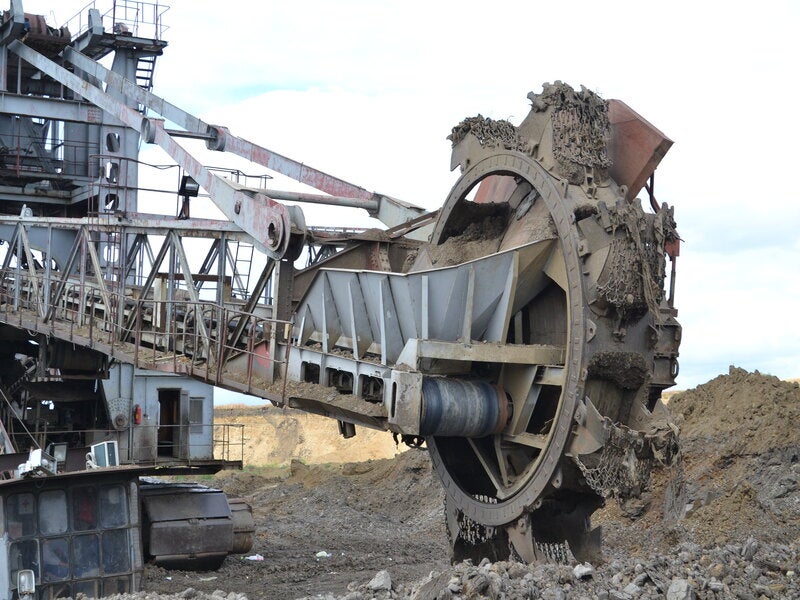The Neyveli New thermal power project (NNTP) is a 1GW lignite-fired power station located in India’s southern state Tamil Nadu.
Neyveli Lignite Corporation (NLC India), a public enterprise under the Ministry of Coal, Government of India, constructed the facility with an estimated investment of approximately £870m ($1.3bn).
While the first unit was synchronised and connected to the grid in December 2019, the second unit was placed into commercial operations in February 2021.
The 1GW new thermal power project was built to replace the pre-existing, decades-old 600MW Neyveli thermal power station I, which was decommissioned in 2020.
Location and site details
The Neyveli New lignite-fired thermal power project is located in the Mudanai village, approximately 4km away from the Neyveli industrial town, in the Cuddalore district of Tamil Nadu, India.
The project site lies approximately 200km away from the Chennai city airport, and approximately 210km away from the Chennai Port.
Neyveli New thermal power plant make-up
The Neyveli New thermal power station comprises two lignite-fired, sub-critical units of 500MW capacity each.
Each unit consists of a 1540 tonnes per hour (tph), pulverised lignite-fired, tower-type boiler, and a single reheat, multi-cylinder, and condensing type steam turbine with high pressure, intermediate pressure, and low-pressure sections.
The plant also includes eight beater wheel mills each connected with three feeders, along with lignite chutes, fuel pipes, fuel burners, and wind boxes.
The other components include an ash handling plant, electrostatic precipitators (ESP), flue gas desulphurising (FGD) system, selective catalytic reactor (SCR), denitrification equipment, apart from the plant water system, a gas-insulated switchyard (GIS), and a 275m-tall concrete-reinforced twin flue stack.
Lignite and water consumption
The Neyveli New thermal power plant is estimated to consume approximately 23,000 tonnes per day (tpd) of lignite of 2750Kcal/kg calorific value, while the water consumption is estimated to be approximately 86,000 kilo litres per day (kld).
Power evacuation
The electricity generated by the Neyveli New thermal power plant will be evacuated through a 400kV power transmission line.
While the Kerala State Electricity Board (KSEB) signed a power purchase agreement (PPA) with NLC India in December 2010, more than 65% of the electricity generated by the plant is expected to be reserved for Tamil Nadu.
Contractors involved
BHEL was awarded an engineering, procurement, and construction (EPC) contract for the Neyveli New thermal power project in December 2013. Alstom received an order worth approximately £104m ($170m) from BHEL for the supply of two twin boilers, the complete lignite milling, and firing equipment along with critical components in the same month.
EPC Constructions India (formerly Essar Projects India) was contracted for the Balance of Plant (BOP) construction works in April 2014.
Alstom Transmission and Distribution India was subcontracted by Essar projects India to supply the transformers package for the project for approximately £8m ($12.5m) in July 2015, while General Electric (GE) Transmission and Distribution was subcontracted for the supply of gas-insulated switchgear equipment.
EDAC Engineering was subcontracted by BHEL for the mechanical erection works of boiler and turbine auxiliaries, along with power cycle piping, while Bygging India was engaged for borosilicate lining work of the chimney.
Wipro Enterprises was subcontracted by Essar Projects for the supply of water treatment plant system package, while Fichtner India provided detailed engineering and design services for the water pre-treatment units, and the de-mineralisation plant, and the softening plant structures to Wipro.
Desein Consulting Engineers prepared the pre-feasibility report of the lignite-fired power project.
Neyveli thermal power station I
The pre-existing Neyveli thermal power plant I comprised six 50MW coal-fired units and three 100MW units commissioned between 1962 and 1970.
The Government of India sanctioned approval to replace the aging plant with the new 1,000MW Neyveli lignite-fired power plant in June 2011.





